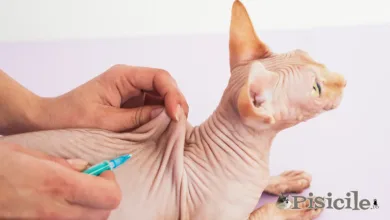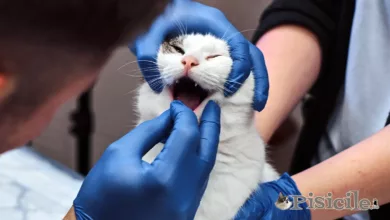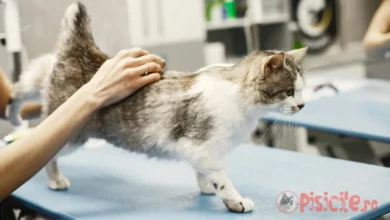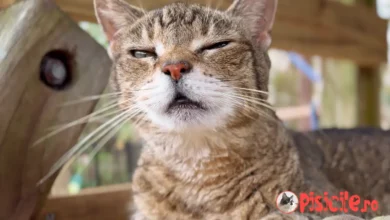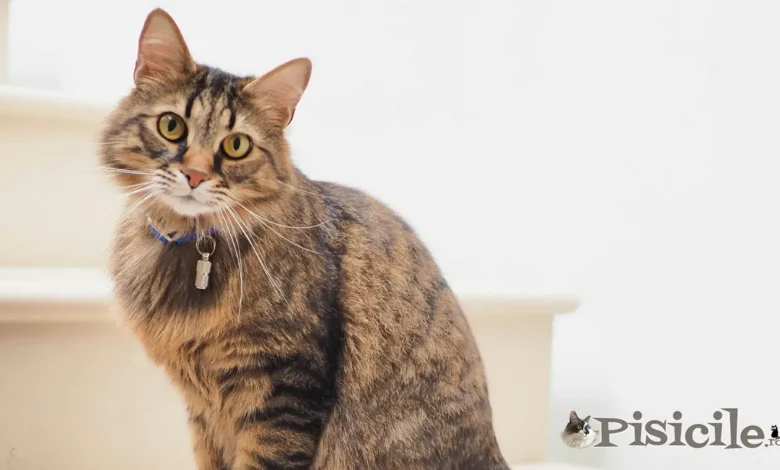
Constipation in cats is a condition in which the cat has difficulty passing stool or has a reduced frequency of defecation. Faeces remain in the cat's intestines longer than normal, which leads to excessive absorption of water from them, resulting in a hard, dry stool. This makes elimination difficult and can cause discomfort and pain for the cat.
Constipation is one of the most common medical problems among cats. Acute constipation also occurs frequently and can be addressed with a simple adjustment to the feline diet. Healthy cats pass feces once a day, providing firm, cylindrical stools. If you notice that your cat has not used the litter box for more than 48 hours, or if the feces are hard and fragmented, it may be constipated and you need to take action.
Subject
The main causes of constipation in cats
Major causes of constipation in cats include dehydration, low-fiber diet, ingestion of foreign objects that block intestinal transit, side effects of certain medications, inflammation of the prostate, obesity, painful defecation, stress, unclean litter, and other medical conditions.
- Dehydration
- Low fiber diet
- Ingestion of foreign objects that block intestinal transit
- Side effects of drugs
- Inflammation of the prostate
- Obesity
- Painful defecation
- The stress
- Unclean litter box
- Other medical conditions
Identifying the cause of constipation is essential for treatment and prevention. Your vet can help you pinpoint the exact cause of your cat's constipation by considering changes in diet, water intake, medications, mobility issues, and more.
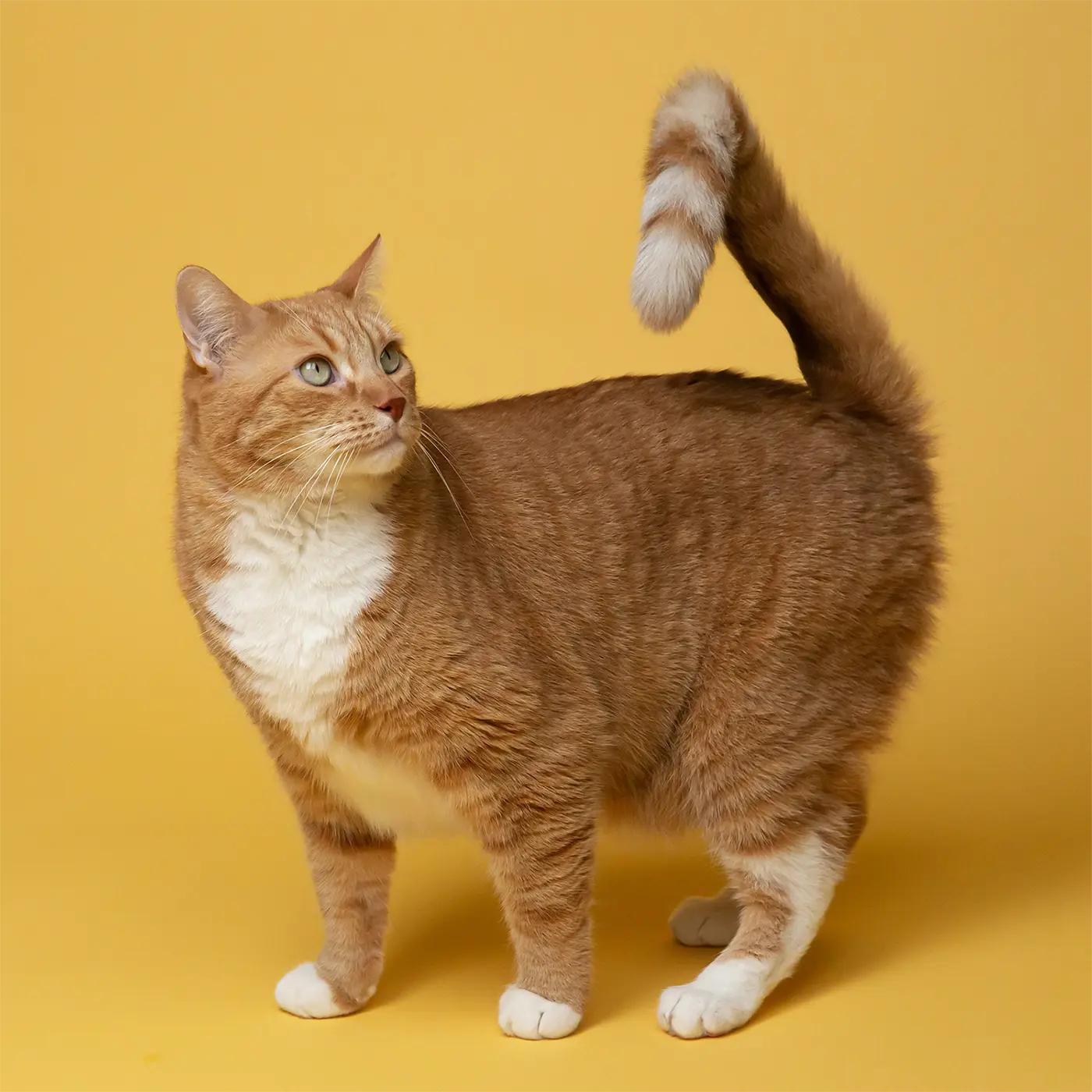
Symptoms of constipation in cats
It is important to differentiate constipation from other health problems, such as kidney or digestive problems. Diagnosing constipation usually involves a physical examination of the cat by the veterinarian, which may include palpating the abdomen to detect a full and hard colon, examining the anus for signs of painful bowel movements, blood tests, and sometimes abdominal x-rays.
If your cat is constipated, symptoms may include:
- Lack of defecation for more than 24 hours
- Stool dry and hard
- Discomfort during defecation
- Decreased appetite or vomiting
- Frequent visits to the litter box without elimination
- Abdominal pain
- Neglecting toileting
Prevention methods for constipation in cats
Preventing constipation in cats often involves changes in diet, providing access to fresh, clean water, keeping litter boxes clean, and encouraging physical activity.
In order to effectively prevent constipation in your cat, you must consider the following:
- Feeding wet food rich in water
- Ensuring a clean and proper letter
- Encouraging regular water consumption
- Stimulating physical activity and play
- Veterinary consultation in case of persistent problems
Treatment
Treatment for constipation in cats may include oral or infusion hydration, laxatives, adjusting your cat's diet to include more fiber, enemas, regular exercise, and in some cases, surgery to loosen the colon.
Also read: What Causes the Cat to Vomit Frequently?
Ignoring constipation or delaying treatment can lead to serious complications and negatively affect the cat's health. Therefore, it is important for cat owners to be aware of the signs and symptoms of constipation and seek medical help for proper diagnosis and treatment.
